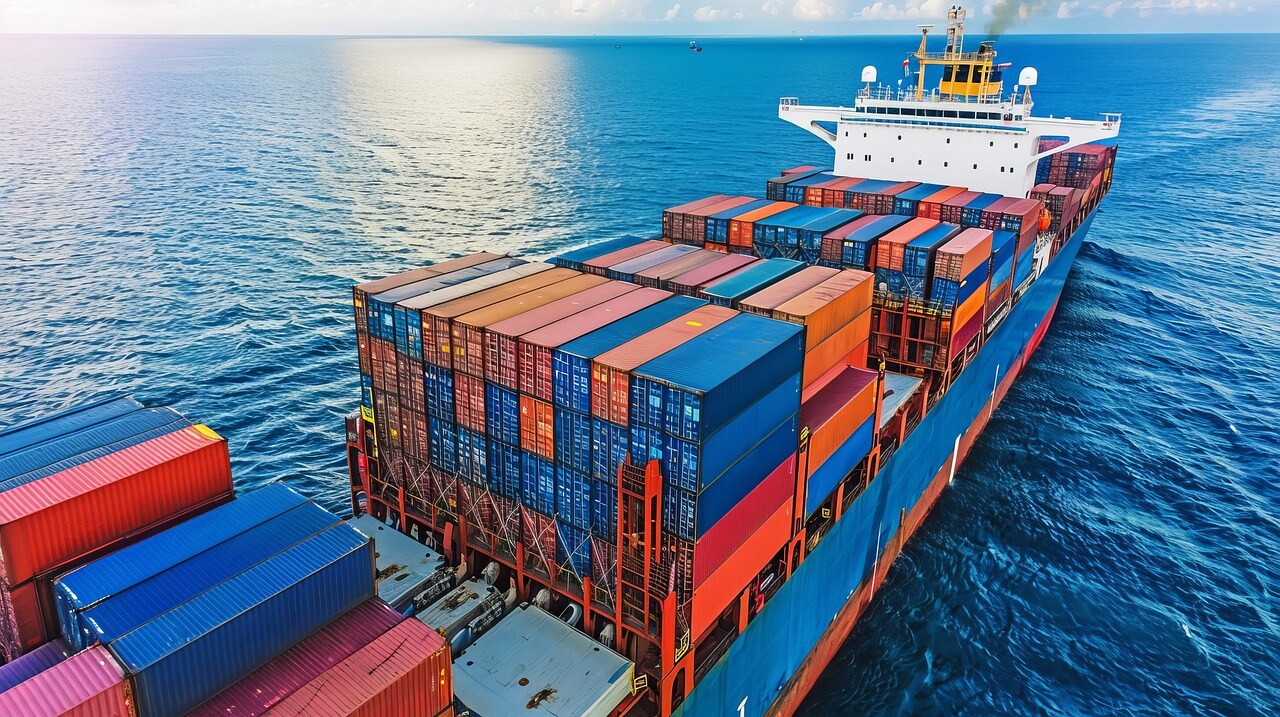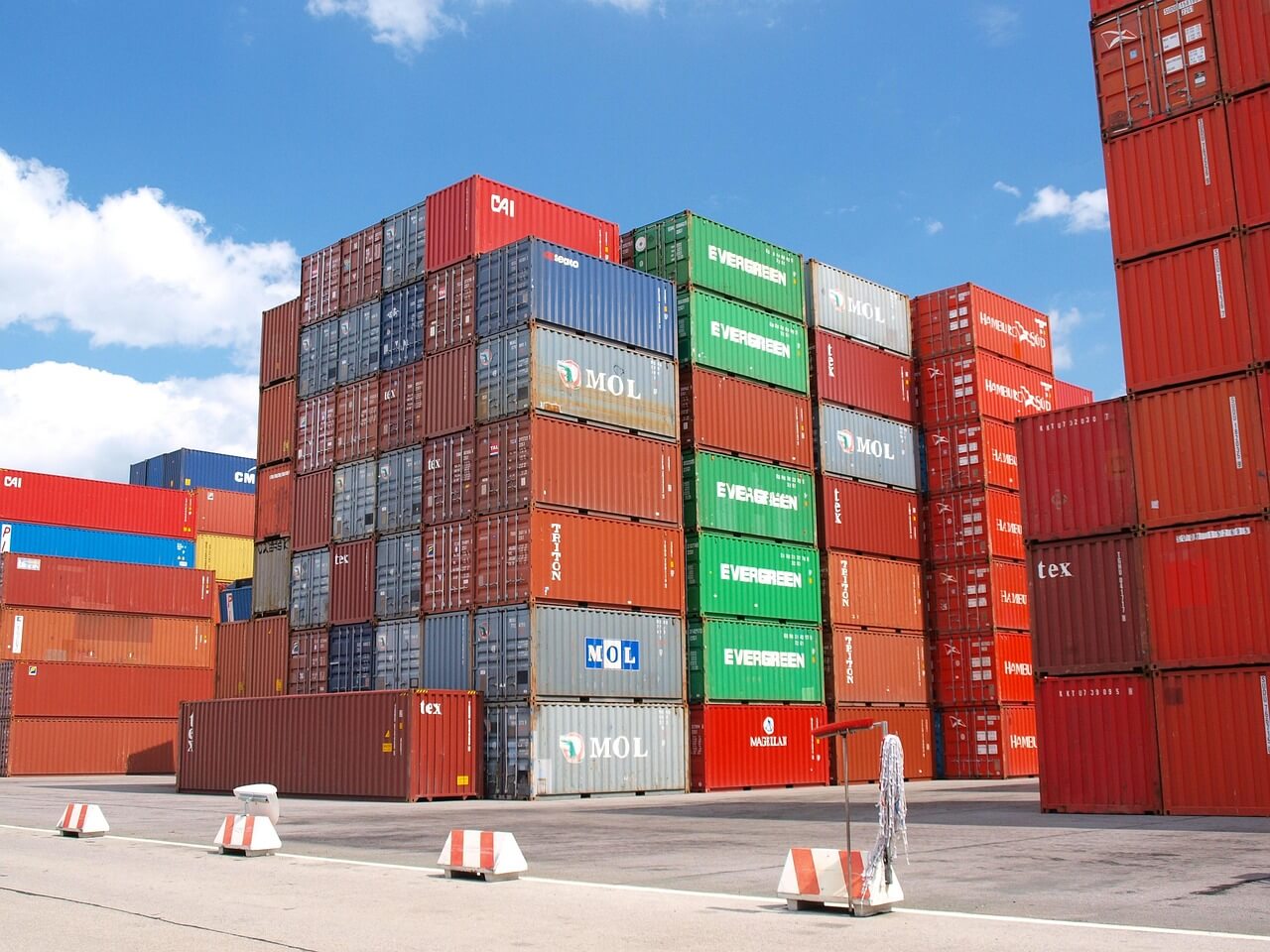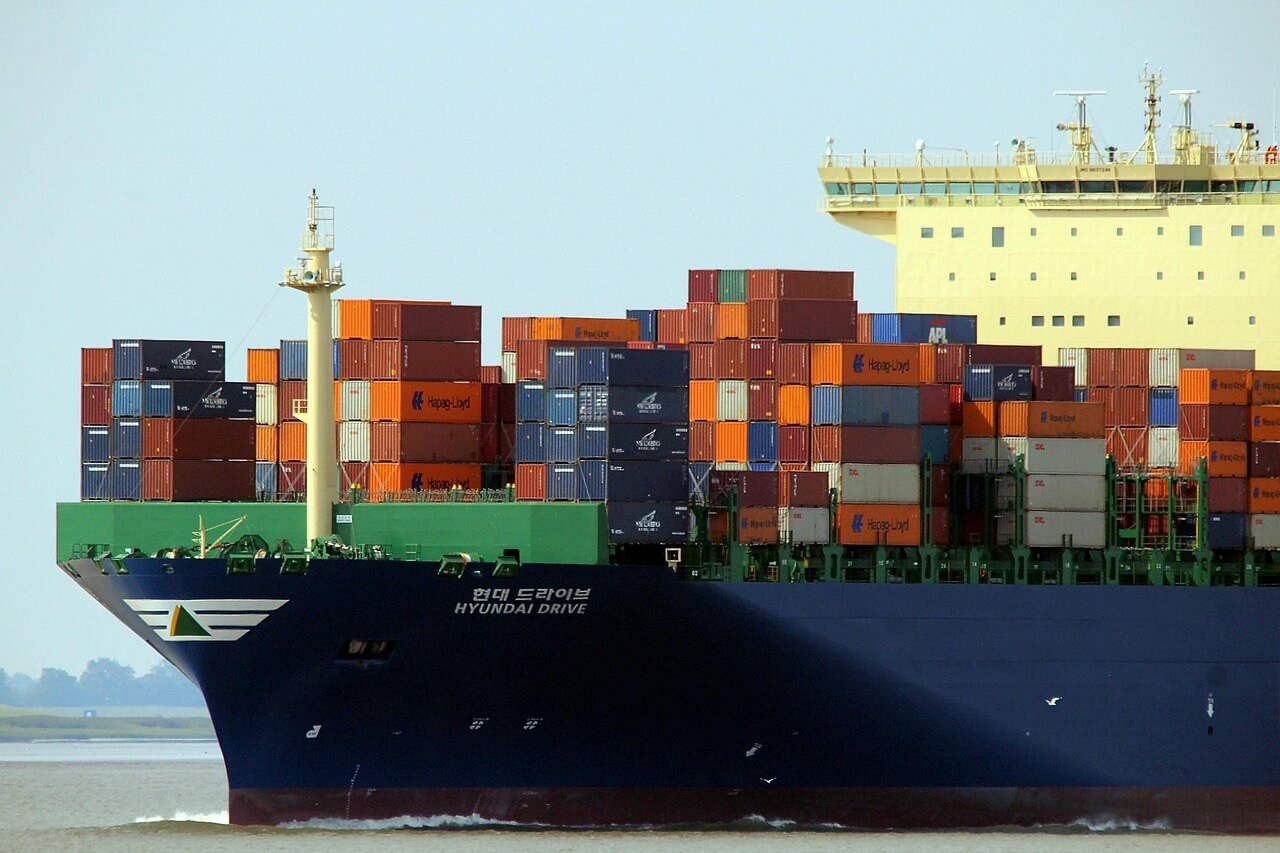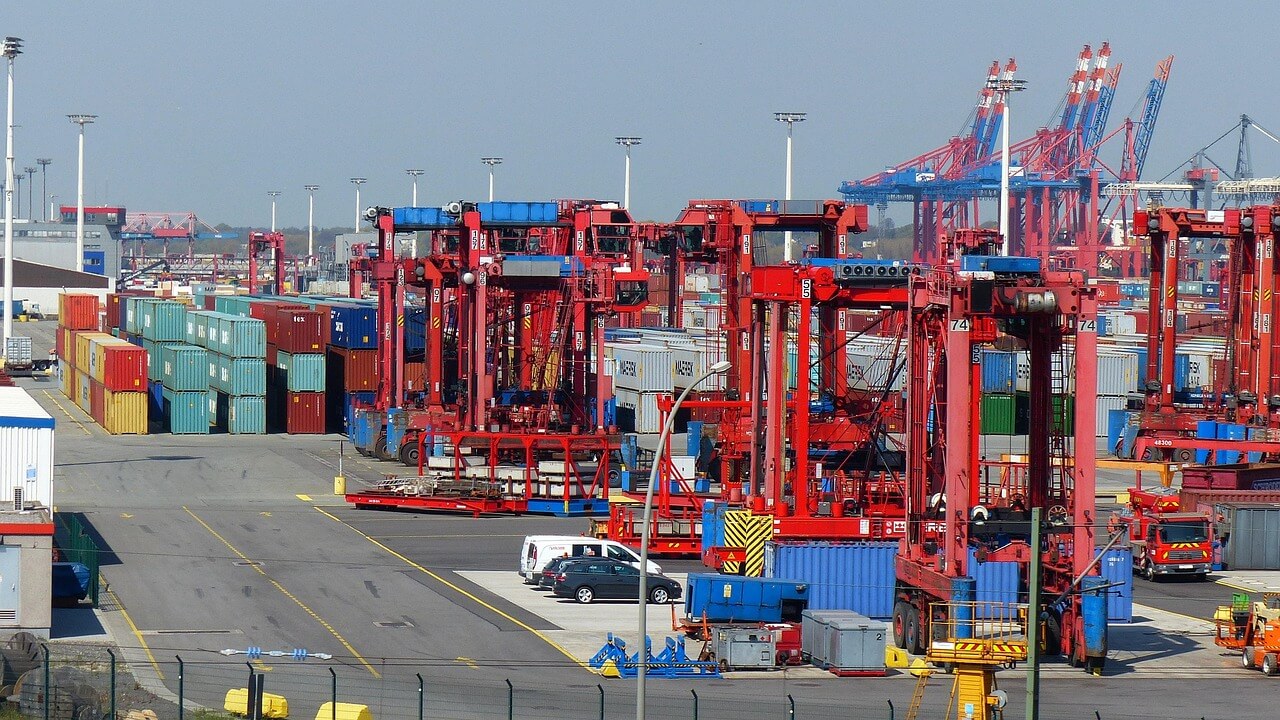
27
Apr
How to reduce the export prices of Qatar freight forwarders?
Reducing Export Prices Through Optimizing Qatar Freight Forwarding Agency Operations
Export pricing is a critical component of any business operation, especially in the context of global trade. Qatar, as a significant hub for trade and logistics, faces the challenge of managing export costs to remain competitive in the international market. To reduce export prices through optimizing freight forwarding agency operations, several strategies can be implemented.
1. Leverage Technology for Efficient Operations: Implementing advanced technology in Qatar's freight forwarding processes can significantly improve efficiency and reduce costs. Automation of tasks such as tracking, tracing, and managing logistics information can minimize human error and delay. Furthermore, utilizing advanced analytics tools helps in predicting demand patterns and optimizing routes to reduce transportation costs.
2. Explore Alternative Shipping Methods: Understanding the different modes of transportation available for exporting (e.g., air, sea, land) and identifying the most cost-effective option is crucial. While air transport is faster, it is generally more expensive for bulk cargo. Sea freight offers lower rates but requires longer transit times. Consideration of factors like product nature, urgency, and destination can help in choosing the most appropriate mode of transport.
3. Negotiate with Suppliers and Partners: Building strong relationships with suppliers and carriers can help in reducing costs. As a Qatar-based freight forwarding agent, it is essential to negotiate better rates and terms with suppliers and carriers to ensure cost-effective services. Additionally, exploring volume discounts or long-term contracts can help in securing lower prices.
4. Optimize Packaging and Load Planning: Efficient packaging and load planning can significantly impact overall shipping costs. Standardizing packaging materials and methods can help reduce costs associated with handling and storage. Moreover, optimizing load planning to maximize space utilization and minimize wasted space in containers can lead to cost savings.
5. Follow Market Trends and Adapt Strategies: Understanding market trends in export demand and supply chain dynamics is crucial for cost reduction. Staying updated with changes in global trade policies, carrier rates, and other relevant factors enables proactive decision making that can help reduce costs.
In conclusion, reducing export prices through optimizing Qatar freight forwarding agency operations involves leveraging technology, exploring alternative shipping methods, negotiating with suppliers and partners, optimizing packaging and load planning, and staying updated with market trends. Implementing these strategies can help Qatar-based businesses remain competitive in the global trade market.
Export pricing is a critical component of any business operation, especially in the context of global trade. Qatar, as a significant hub for trade and logistics, faces the challenge of managing export costs to remain competitive in the international market. To reduce export prices through optimizing freight forwarding agency operations, several strategies can be implemented.
1. Leverage Technology for Efficient Operations: Implementing advanced technology in Qatar's freight forwarding processes can significantly improve efficiency and reduce costs. Automation of tasks such as tracking, tracing, and managing logistics information can minimize human error and delay. Furthermore, utilizing advanced analytics tools helps in predicting demand patterns and optimizing routes to reduce transportation costs.
2. Explore Alternative Shipping Methods: Understanding the different modes of transportation available for exporting (e.g., air, sea, land) and identifying the most cost-effective option is crucial. While air transport is faster, it is generally more expensive for bulk cargo. Sea freight offers lower rates but requires longer transit times. Consideration of factors like product nature, urgency, and destination can help in choosing the most appropriate mode of transport.
3. Negotiate with Suppliers and Partners: Building strong relationships with suppliers and carriers can help in reducing costs. As a Qatar-based freight forwarding agent, it is essential to negotiate better rates and terms with suppliers and carriers to ensure cost-effective services. Additionally, exploring volume discounts or long-term contracts can help in securing lower prices.
4. Optimize Packaging and Load Planning: Efficient packaging and load planning can significantly impact overall shipping costs. Standardizing packaging materials and methods can help reduce costs associated with handling and storage. Moreover, optimizing load planning to maximize space utilization and minimize wasted space in containers can lead to cost savings.
5. Follow Market Trends and Adapt Strategies: Understanding market trends in export demand and supply chain dynamics is crucial for cost reduction. Staying updated with changes in global trade policies, carrier rates, and other relevant factors enables proactive decision making that can help reduce costs.
In conclusion, reducing export prices through optimizing Qatar freight forwarding agency operations involves leveraging technology, exploring alternative shipping methods, negotiating with suppliers and partners, optimizing packaging and load planning, and staying updated with market trends. Implementing these strategies can help Qatar-based businesses remain competitive in the global trade market.
LEAVE YOUR COMMENT
categories
recentpost
-
 How can freight forwarders achieve efficient logistics and shipping from China to Tanzania?Apr 30,2025
How can freight forwarders achieve efficient logistics and shipping from China to Tanzania?Apr 30,2025 -
 What are the guarantee measures for transportation and transaction services from China to the UnitedApr 30,2025
What are the guarantee measures for transportation and transaction services from China to the UnitedApr 30,2025 -
 How is the international freight delivery service for transporting goods to Saudi Arabia?Apr 30,2025
How is the international freight delivery service for transporting goods to Saudi Arabia?Apr 30,2025 -
 What is the delivery time for international freight from China to Kenya?Apr 30,2025
What is the delivery time for international freight from China to Kenya?Apr 30,2025 -
 What is the customs clearance process for global land transportation from China to the United Arab EApr 30,2025
What is the customs clearance process for global land transportation from China to the United Arab EApr 30,2025 -
 Shipping Guide from China to Qatar: How to Calculate LCL Shipping Cost?Apr 30,2025
Shipping Guide from China to Qatar: How to Calculate LCL Shipping Cost?Apr 30,2025

